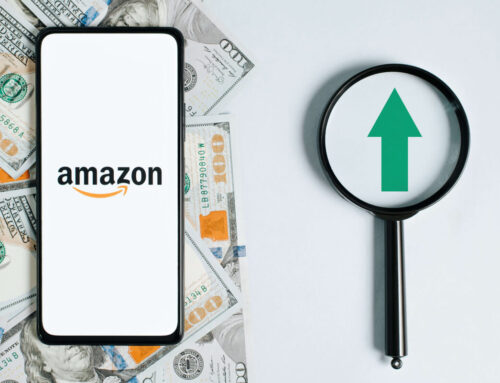
The French government is set to introduce a new law imposing a €3 minimum delivery fee on online book sales. The law, which covers books costing less than €35, is designed to protect independent online booksellers from competition from large online sellers, including Amazon and Fnac.
Existing laws prevent online booksellers from offering free shipping on books. However, until now, retailers like Amazon have largely circumnavigated this law by offering 1-cent delivery. Meanwhile, independent booksellers in France typically charge upwards of €7 for book delivery.
Online shoppers cannot avoid the €3 minimum charge by bundling books with other products or participating in customer loyalty programmes. However, online booksellers will still be able to offer 1-cent delivery on orders more than €35.
According to media reports, French independent booksellers are not satisfied with the law and believe large retailers will still have an unfair advantage (bolstered by an additional $2.99 shipping change). In addition, the French bookstores association SLF believes the €3 fee is insufficient and has called on the government to lower French post office fees for shipping books by bookstores.
The Elephant in the Room
Two words: Amazon Kindle.
The new French laws will have zero impact on eBooks or audiobooks. Although still a relatively small market in France, ebooks are consumed by just 5.6% of the book reading population, generating some US$127.50m in 2022. Any price increase in physical books may make digital titles more appealing to more people. Could a law designed to protect traditional booksellers contribute to the further decline of their market?
What Does This Mean For The Rest of The World?
While this new law will have minimal impact on most of our sellers, it raises several questions about emerging trends relating to eCommerce fulfilment.
A growing number of retailers have already changed their returns policies, with the brands like Zara, Next, and Uniqlo now charging customers for returns.
Retailers know that there is no such thing as free shipping or returns. Instead, the cost has to be absorbed into the item’s price. This helps create an unfair advantage for larger retailers who can leverage the scale of their business to reduce costs, survive on wafer-thin margins, and benefit from loss leader pricing that small business sellers cannot afford.
Could the wider adoption of the new laws seen in France go some way to levelling the playing field? Probably, but realistically that is not going to happen anytime soon. In the meantime, online retailers need to look for efficiencies elsewhere in their business to remain competitive.
Learn More
To learn how Frooition can help you drive efficiencies in your eCommerce business, schedule a free discovery call with one of our eCommerce experts.








